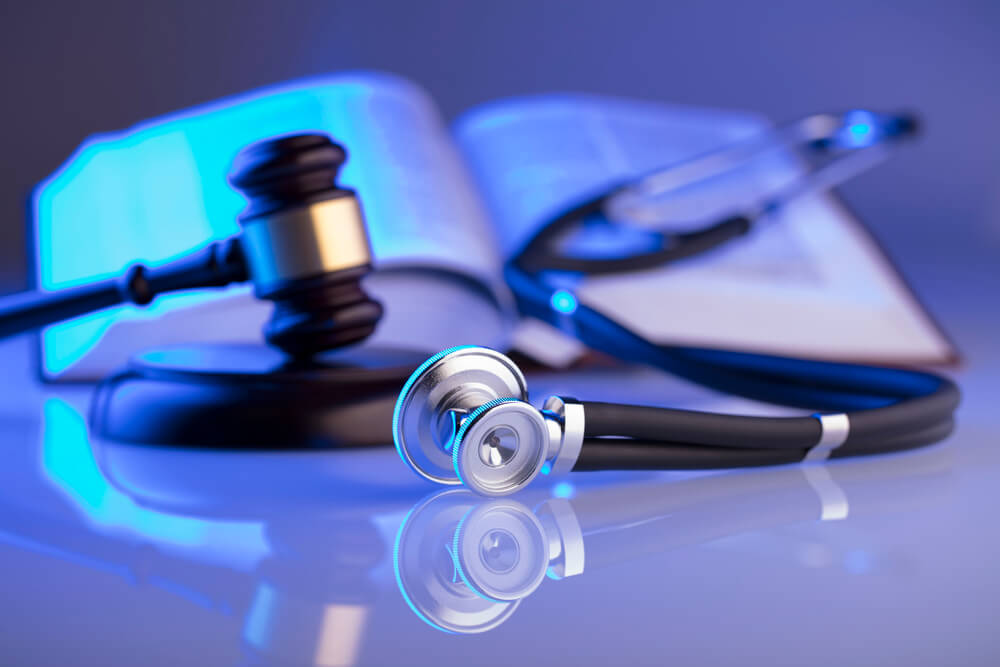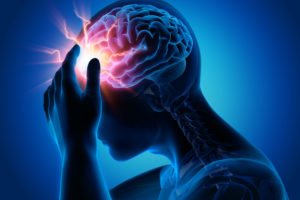Misdiagnosis and Missed Diagnosis of a Stroke Lawyers in New Jersey
A stroke is a catastrophic medical event with the potential to impact the sufferer’s life for years to come. Depending on the type and severity of the stroke, the area of the brain affected, and whether or not there is timely and effective medical treatment, a stroke can cause a broad range of symptoms ranging from weakness or paralysis to speech and language problems; cognitive issues with memory, thinking, and attention; vision and perception problems, and more. However, if a stroke is diagnosed and treated in a timely manner, many of these symptoms can be avoided and some can be alleviated with rehabilitative care. Unfortunately, strokes are commonly misdiagnosed as other conditions, and delayed diagnosis of a stroke can allow more time for damage to occur. When medical malpractice is involved in a stroke case, it is imperative to thoroughly understand the medical and legal nuances of these highly complex situations. Our New Jersey medical malpractice lawyers thoroughly investigate each case, calling upon highly knowledgeable medical experts to bolster our claims for maximum damages.
What Happens When You Have a Stroke
A stroke occurs when the brain is deprived of blood flow and the necessary oxygen and glucose that is regularly delivered through the bloodstream. Essentially, a stroke, often referred to as a “brain attack,” occurs when something cuts off blood flow to the brain. Strokes are emergency medical situations, as brain cells begin to die, putting the sufferer at risk for permanent brain damage and wrongful death.
Strokes can be ischemic or hemorrhagic. An ischemic stroke can occur in a variety of scenarios: (1) a blood clot forms in one of the brain’s blood vessels, (2) a blood clot forms in another area of the body before traveling to the brain; or (3) excessive plaque develops in the blood vessels of the brain, thus creating a blockage. Approximately 80 percent of strokes are ischemic. The other type of stroke is hemorrhagic–think brain hemorrhage or brain aneurysm. A hemorrhagic stroke occurs when one of the blood vessels in the brain ruptures, causing the blood inside to pour into the surrounding tissue, damaging the brain cells.
Missed Signs and Symptoms of a Stroke
Strokes can occur in a variety of ways and affect various parts of a brain. As a result, the symptoms of each stroke are unique to that specific stroke. If you experience one or more of the following, it is essential to seek medical assistance as soon as possible. It is then the responsibility of the doctors and medical professionals who examine you to identify the potential signs of a stroke. Some of the common signs and symptoms of those experiencing a stroke include:
- Sudden and severe headache
- Weakness, numbness, or tingling on one side of the body (typically affecting the face, arm, and/or leg)
- Changes in vision, hearing, taste, or sensation
- Problems with speech or language processing
- Mental confusion
- Loss of balance or coordination
Risk Factors for Stroke Often Overlooked by Doctors
There are some risk factors that increase the likelihood that a person will suffer a stroke, some of which include:
- High blood pressure
- Atrial fibrillation
- High cholesterol
- Coronary artery disease
- Unmanaged diabetes
- Obesity
- Smoking
- Excessive alcohol consumption
Additionally, men are more prone to strokes than women, as are people over the age of 65, African Americans, and those with a family history of stroke.
Negligent Stroke Diagnosis and Failed Medical Intervention
If your doctor suspects that you may be suffering a stroke, there are a variety of diagnostic tools available to rule out or confirm a stroke diagnosis. First, a physical examination can be used to identify and evaluate any of the symptoms listed above. Taking a comprehensive personal and family history at this time is also essential. Then, doctors should listen to your heart and check your blood pressure. Blood tests can also be used to test your blood sugar level, how rapidly your blood is clotting, and whether any other signs indicate a chemical imbalance or infection. A CT (computerized tomography) scan of your brain can be used to detect a current brain condition such as a brain tumor, brain hemorrhage, or stroke, while an MRI can be used to evaluate whether or not brain tissue has been damaged. Several other tests for stroke include: carotid ultrasound to check for plaque in your blood vessels, cerebral angiogram to evaluate the arteries in your brain and neck, and echocardiogram to check for potential blood clots in your heart. Employing any and all of these diagnostic tests can allow doctors to accurately diagnose and treat a stroke before it causes permanent brain damage and collateral consequences. Delayed diagnosis or misdiagnosis of a stroke is truly a life or death situation, the results of which can be death or permanent disability.
New Jersey Stroke Misdiagnosis Lawyers on Your Side
If you or a loved one has suffered harm as a result of stroke misdiagnosis or delayed diagnosis, you may have grounds to pursue compensation for medical expenses, future medical care and rehabilitative treatment, loss of income, loss of the ability to work, as well as physical and emotional pain and suffering. At Fronzuto Law Group, our practice is dedicated to advocating for medical malpractice victims in New Jersey and surrounding areas, and we work tirelessly to provide our clients with the justice they deserve. For a free consultation about your stroke misdiagnosis case and to discuss your potential legal options, contact our offices at 973.435.4551. If we do move forward with your case, you will not pay a dime until we achieve you a recovery.
Resources:
- Stroke Signs and Symptoms, Centers for Disease Control and Prevention (CDC)
- The Warning Signs of Stroke, WebMD
case
results
Medical Malpractice



